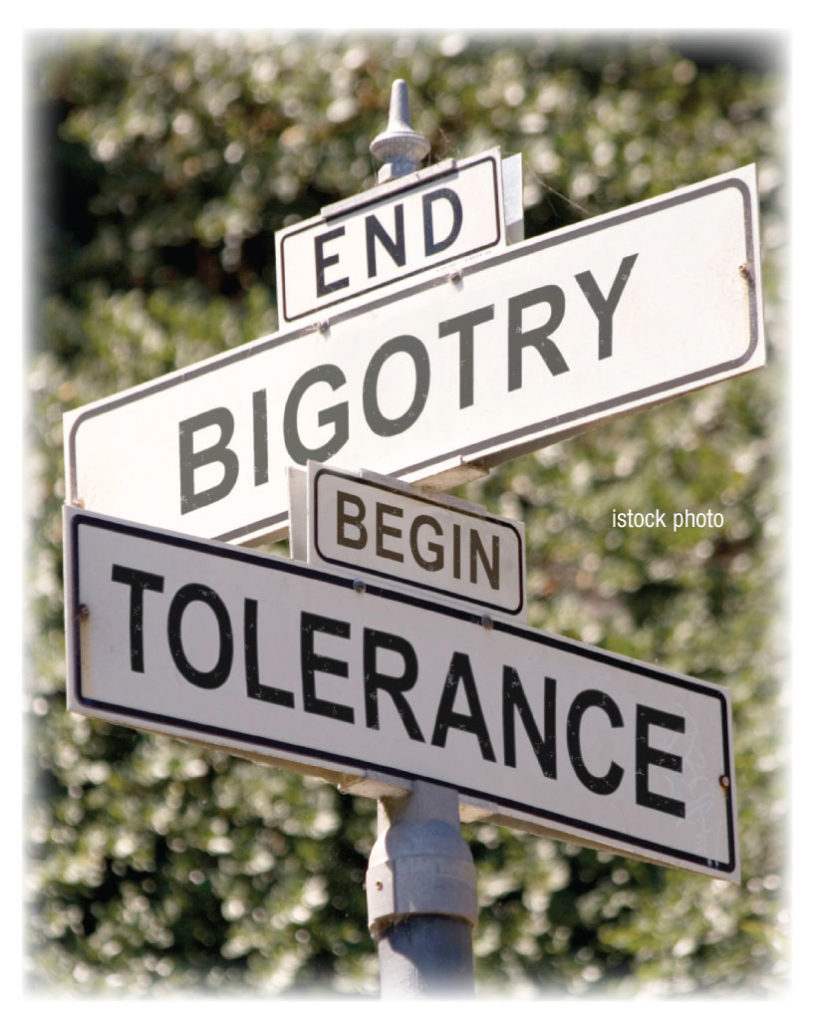
Sunday’s parable sees Jesus as one of Israel’s prophets. It also shows Israel’s leaders choosing not to believe in him. This parable should not be used to blame Jews today for Jesus’ death. Only a few Jewish and Roman officials figured in Jesus’ arrest and death, not the whole people.
This gospel parable shows us we are free to believe or free to reject Jesus. We are free to respect each other as made in God’s image or free to put others down. We are free to treat Earth as a gift to all or Earth as mine to possess for profit.
The tenants in Sunday’s gospel are free. They can choose to give the landowner a share of the harvest, or they can kill the landowner’s son.
At the end of the story Two Views, Murph says, “Do I have a choice?” Does he mean he believes in the dignity of every human person, so he won’t help Luke set up Juan and Pedro? Or, does he mean he can’t be disloyal to a friend? In fact, Murph is free. Whether he stays in the truck or walks home, he is making a choice.
Like the tenants and Murph every human person can keep, cherish, and develop relationships or destroy them. We can harm or help, partner with God in cultivating creation or ravage Earth.

We exercise our freedom and forge who we are day by day. I can choose to practice the piano, color my hair, run for student government, drink coffee — or not. I can choose to talk in class, say hello to everyone, help out at home, share a fear with a friend, follow the crowd, act toward others the same way I want them to act toward me — or not.
Every human person has the dignity of being made in God’s image — able to reflect and choose, to love and hate, to dream or scheme, to treasure friends or forget them.
Our freedom is not absolute. We have limits both outside us and within us. Our families raise us in certain ways. If my family talks out problems, I learn to do so, too. If not, I have to learn this basic skill from friends or my spouse.
Our families also raise us in a religious tradition. As Catholics we inherit the ten commandments from the people of Israel and from Jesus the commandment to love one another. From the Church we inherit Catholic social teaching, which teaches us the human person is sacred. These traditions call us to use our freedom to love and act with justice, to treat the least among us as if they were Jesus himself.
